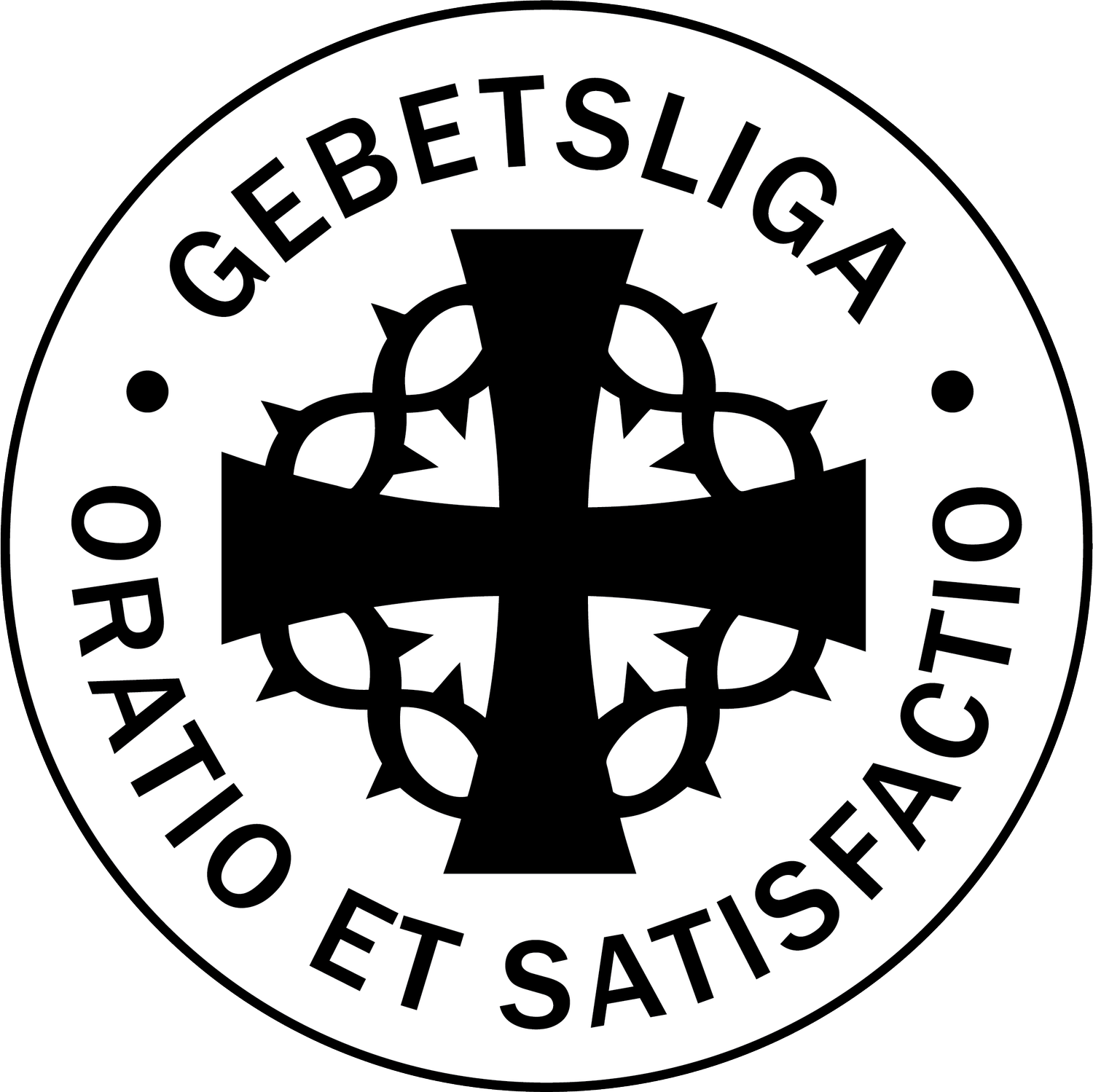100 Years: The Centennial of Blessed Karl’s First Restoration Attempt
March 26, 2021, begins the centennial observance of Blessed Karl’s first restoration attempt—the first of two secret visits to Hungary in 1921. He arrived on March 26—Holy Saturday that year—and met with the Regent Nicholas Horthy the next day, Easter Sunday.
With Holy Week about to begin, it is a good time for us to begin retracing with Blessed Karl what became his own Way of the Cross, beginning with this first unsuccessful attempt, followed by the second trip in the fall that ended with his arrest and exile to Madeira, and culminating in his holy death on April 1, 1922, barely a year later.
This is a thrilling though tragic story of King Karl’s great courage, kindness, humility, and self-control, and of the manifest love between him and the Hungarian people. Once you’ve read the story, you’ll identify with the reflections we’ll be adding here soon on how this otherwise sorrowful episode can be appreciated for the light it shines on Karl’s virtues and on how the people responded to them.
Bishop’s Residence
In March of 1921 King Karl returned incognito to Hungary. He stayed overnight at the Bishop’s Palace in Szombathely before proceeding alone and unarmed to Budapest to meet with the Regent Horthy.
Plaque at Bishop’s Residence
In the entrance hall of the Bishop's Palace a marble plaque on the wall recalls his visit with the inscription: “To revive the glory of his prostrate nation, King Karl IV came into this house on Holy Saturday evening, March 26, 1921, but after 10 days, on April 5, he returned back into sorrowful exile with a crown of thorns on his head.”
Cathedral
The adjoining Cathedral of Szombathely holds King Karl's relic. In Szombathely and everywhere he was recognized, the King’s return was greeted with great joy and expressions of loyalty.
Budapest
On March 27, Blessed Karl came alone to the Regent’s office in Budapest and said he was ready to reassume his duties as King. He had been urged by Pope Benedict XV to return to Hungary, to reestablish his reign as a bulwark against the spread of Communism. But Regent Horthy told him he needed more time, and after several days of fruitless negotiation, the King agreed to return temporarily to Switzerland.
Way of the Cross
Although Horthy had rebuffed his attempt to retake the reins of power, the people of Hungary had welcomed the King warmly, and there had also been much excitement and enthusiasm about his arrival among the people in those parts of old Hungary placed under foreign rule by the Trianon Treaty. The people in Hungary continued to express their support afterward. One of many letters received by King Karl after his first restoration attempt read:
“Your Majesty’s courageous, resolute, and perilous attempt, almost unsupported as it was, to take over the Government of your kingdom has captured the hearts of the Hungarian peoples. No quality appeals to them so strongly as courage, and the appeal is irresistible when they find this quality conspicuous in their King.”
As we will recount later this year, the same outpouring of affection occurred during and after Blessed Karl’s second restoration attempt. Where the royal couple was interned at the Benedictine Abbey of Tihany, located on the northern bank of Lake Balaton, a Calvary was erected in 1927 by all the provinces of Hungary in reparation for the way their King was treated. The Way of the Cross was destroyed by the Communists in 1960, but has been reconstructed in recent years.
Let us join in this beautiful act of reparation by reciting, now or sometime this weekend, the following prayer. Charles Coulombe has suggested this particular League prayer for this occasion, recommending that we pray it in a church if possible, or if not, wherever we may be:
“O Lord Jesus Christ, the redemption You won for us gives the world order and peace, which we too often refuse. Mercifully receive our work and prayer as an atonement for all injustices done against Your Most Sacred Heart and against all religious and earthly authority through rebellion and war. May our prayers and sacrifices help bring peace to the world, and atone the multiple injustices, indignities, and slander done against Your servant Karl of Austria, and bring him soon to the honor of public veneration as a saint. Amen."


